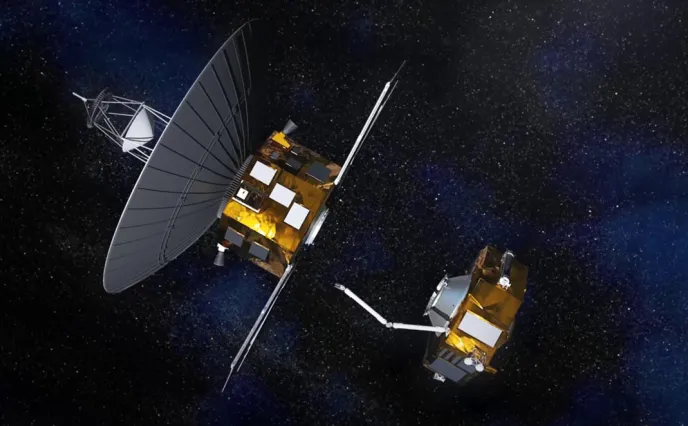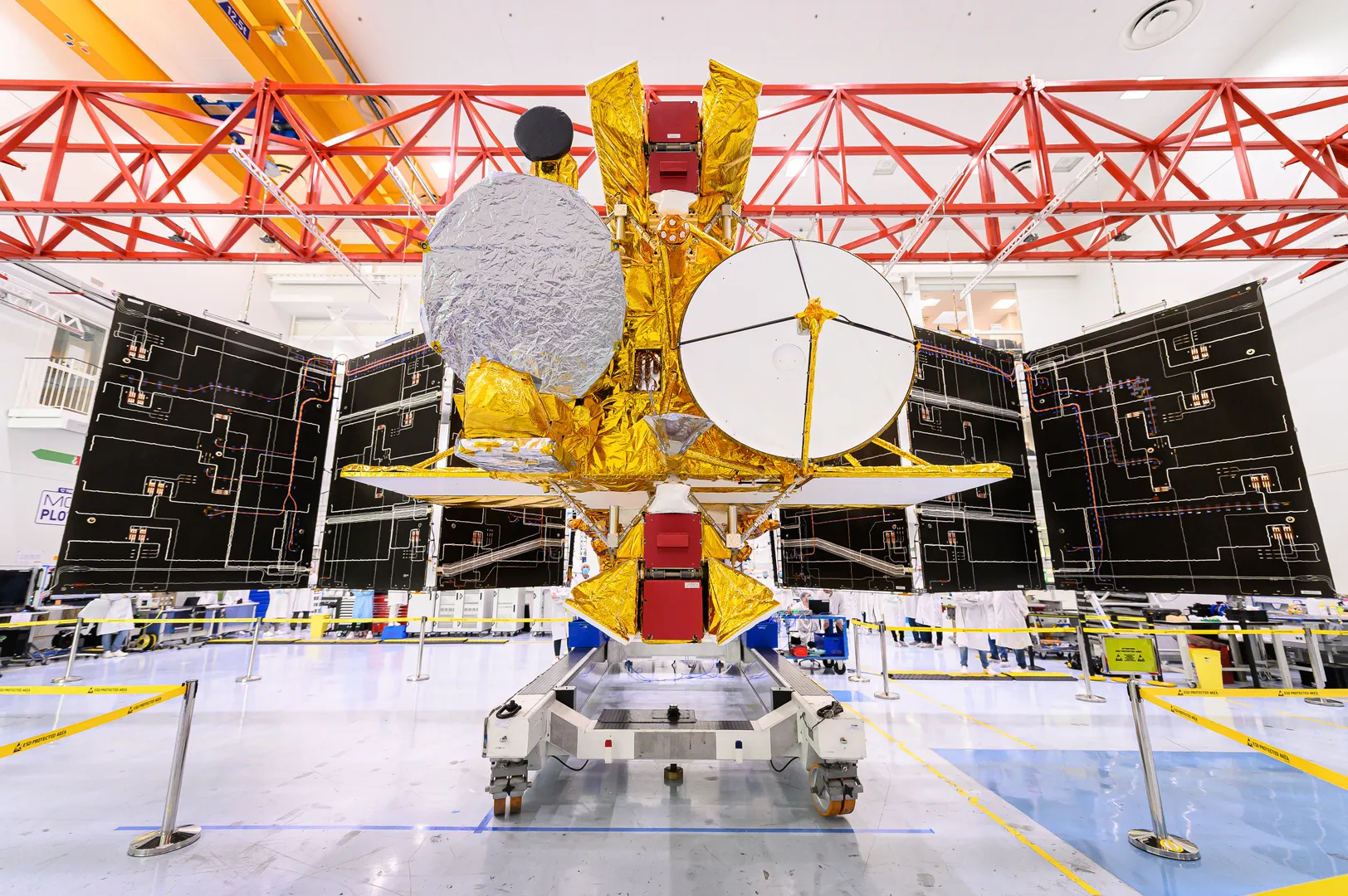Sustainability in Space
Preventing & safeguarding the space environment
Sustainability in Space
Preventing & safeguarding the space environment

Sustainability in Space has become a strategic topic and a clear expectation from all our stakeholders, whether they are institutions, commercial customers, investors or citizens. Space programs have since their inception played an important role to ensure sustainability on Earth, capturing, for example through the Copernicus program, key data on land, marine and atmospheric environments, enabling emergency management in case of disasters and climate change monitoring. Today, the attention is shifting to Sustainability in Space. As there are more and more satellites orbiting around the Earth, there is a real necessity to optimize satellites life expectancy to avoid overcrowding cemetery orbits, and to remove existing space debris. Similarly to the Earth environment, our company also contributes to preventing and safeguarding the space environment.
PREVENTING

At Thales Alenia Space, we have been working for long time on space debris prevention. In France, our experts have cooperated with CNES Space Agency and other partners on the definition of the French Debris Mitigation Law, which is considered as precursor in the international scene.
Space debris proliferation could completely condemn some orbits and prevent from launching Earth observation missions that are so important for environment monitoring. This is why we need to ensure common rules that will prevent such proliferation.
At Thales Alenia Space we actively contribute to the debate and definition of common and international requirements on Space Traffic Coordination and Management both at the European Cooperation for Space Standardization (ECSS) and at the international ISO level. The international ISO standard organization is working on rules that needs to be followed by all the countries to ensure a level playing field for all space actors. During the World Economy Forum held in October 2021, industry actors, including Thales Alenia Space, have come together to voice their position on the topic through the Space Industry Debris Statement whose goal is to encourage the entire community to minimize and prevent, where possible, any new debris created.
In addition, we develop technological building blocks that will make possible a better knowledge of the activity in this environment and a sustainable management of the satellites in orbit.
As an example, SWOT, the joint oceanography mission between CNES and NASA, will be the first one fitted by design with a controlled atmospheric reentry subsystem avoiding any debris generation at satellite end-of-life. On Iridium NEXT, very soon in the design phase, we worked closely with our customer on a proper de-orbiting strategy in order to safely replace the previous generation. We implemented the right level of security and safety at the time, in order to ensure this “smooth” transition to avoid potential additional collision risks. We are also implementing Design 4 Removal and Servicing solutions on new European Copernicus satellites in order to facilitate the removal by an Active Debris Removal mission in the remote case of major failures preventing the proper disposal at end of life.
SAFEGUARDING
We are also working on solutions to anticipate the satellites end of life by developing brand new on-orbit servicing vehicles that will carry out a wide range of operations directly in space: station keeping, refueling, repairing or upgrading in order to provide life extension with advanced robotic operations. Thales Alenia Space has already validated on ground with its project EROSS all the key technologies to provide on-orbit servicing. We are currently leading the European EROSS+ project to take all these technologies to space. These new vehicles will definitely contribute to a more sustainable space.
"There can be no Plan B because there is no planet B"

First proclaimed by former US Secretary-General Ban Ki-moon, this punchline echoes even more strongly today. Global warming continues to be everybody’s concern, as we strive to safeguard our one and only planet. There is hope, because we have the technological solutions needed to cope with the impact of global warming, while also protecting people across the world. And satellites are more than ever a critical part of this equation.
In a nutshell, the Space for Life vision inspires our activities for a sustainable Earth and a sustainable space. At Thales Alenia Space we will therefore be glad and proud to contribute proactively to a Sustainable Use of Space, and be part of this collective endeavor, altogether with partners from the space eco-system and wider.
